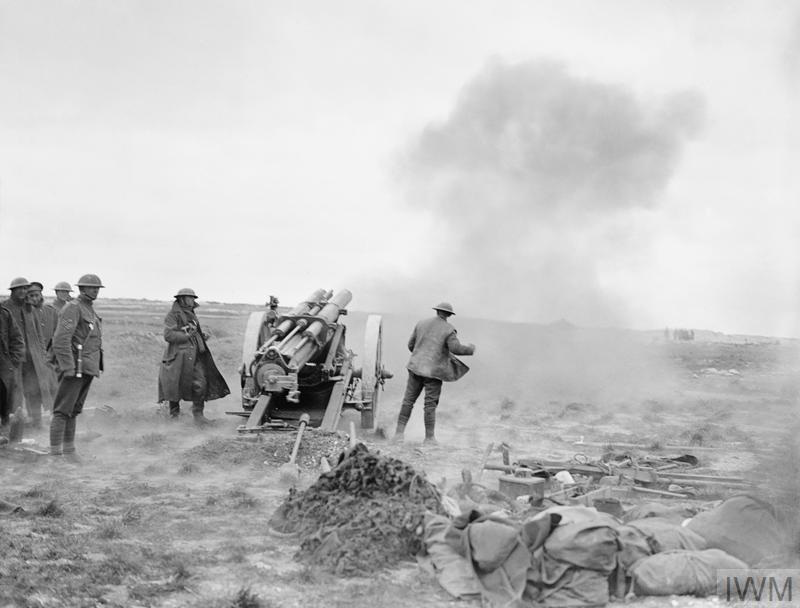Ronald was born on the 20th September 1898. He was the only child of William and Rosie Wilson-Theobald. His father was a barrister-at-law in Kensington, and his mother was the daughter of Isaac Lotinga, of Sunderland, Co. Durham. He joined Ashburnham in September 1912.
In 1914, Ronald came second in the Under 16s 100 Yards race. He left the school at Easter of the same year, and in 1916, he started at RMC Sandhurst.
He was attached to the 5th Battalion Oxford and Bucks Light Infantry as a 2nd Lieutenant, in September 1917, and he went out with them to the western front in November.
He was stationed near St. Quentin, France, when the major German offensive – known as Operation Michael – was launched in the early hours of the 21st of March 1918. His battalion was defending the Somme, where they faced trench mortars, mustard gas, chlorine gas, tear gas, smoke canisters, and heavy artillery bombardment. Ronald was killed in action on that first day of the three-day long Battle of St Quentin.
The following account of that morning is by Winston Churchill, who was there carrying out an inspection as Minister of Munitions:
“And then, exactly as a pianist runs his hands across the keyboard from treble to bass, there rose in less than one minute the most tremendous cannonade I shall ever hear…It swept round us in a wide curve of red leaping flame stretching to the north far along the front of the Third Army, as well as of the Fifth Army on the south, and quite unending in either direction…the enormous explosions of the shells upon our trenches seemed almost to touch each other, with hardly an interval in space or time…The weight and intensity of the bombardment surpassed anything which anyone had ever known before.”
